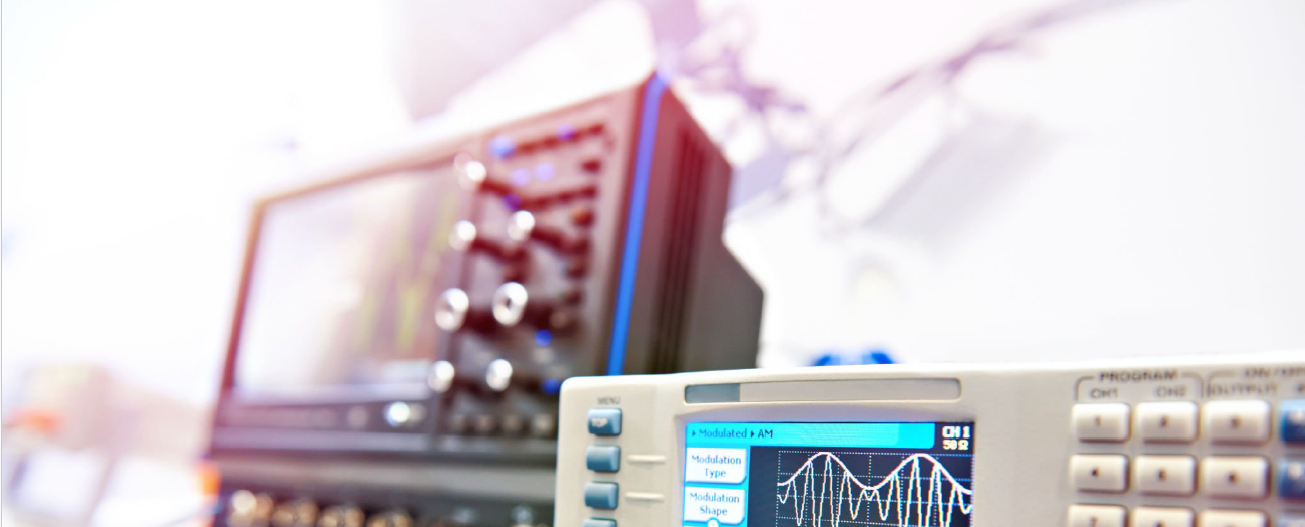The importance of measurement traceability! In the field of test and measurement, traceability is essential. Reliable data is crucial to meaningful analysis. Measurement traceability is an essential practice for ensuring this reliability and preserving data integrity. Let's explore the importance of measurement traceability, highlighting the standards and best practices that support it.
What is measurement traceability?
Measurement traceability involves linking test or measurement results to recognized standard references. Every step in the measurement process can be tracked and documented. From the instrument used to the reference standards employed. This ensures that the data obtained is reliable, accurate and comparable in different contexts.
The importance of measurement traceability in testing
Data reliability: by linking each measurement to standard references, measurement traceability ensures data reliability. This is achieved by making it possible to assess and verify their accuracy, detecting and correcting any errors as soon as they occur.
Confidence in results: Rigorous documentation of every step in the measurement process inspires confidence in the results obtained. Users can be confident that data is reliable, verifiable and compliant with standards.
Data comparability: Measurement traceability facilitates the comparison of data over time and between different environments. By using common reference standards, consistency and compatibility of results can be ensured, simplifying comparative and longitudinal analyses.
Compliance with standards and regulations: In many sectors, measurement traceability is a regulatory requirement. By ensuring compliance with relevant standards, it helps companies avoid litigation, fines and reputational problems associated with non-compliance.
Traceability standards and best practices
Several international standards define the requirements and best practices for measurement traceability. These include ISO/IEC 17025, ISO 9001 and the ILAC-G8 Guide. By following these standards and adopting the recommended best practices, organizations can establish and maintain effective measurement traceability systems, thereby guaranteeing the integrity and reliability of their test data.
Conclusion
Measurement traceability is an essential part of any test and measurement process. By ensuring data reliability, comparability and conformity, it helps guarantee the integrity of the results obtained. By following recommended standards and best practices, organizations can establish robust measurement traceability systems, reinforcing confidence in their processes and results.








